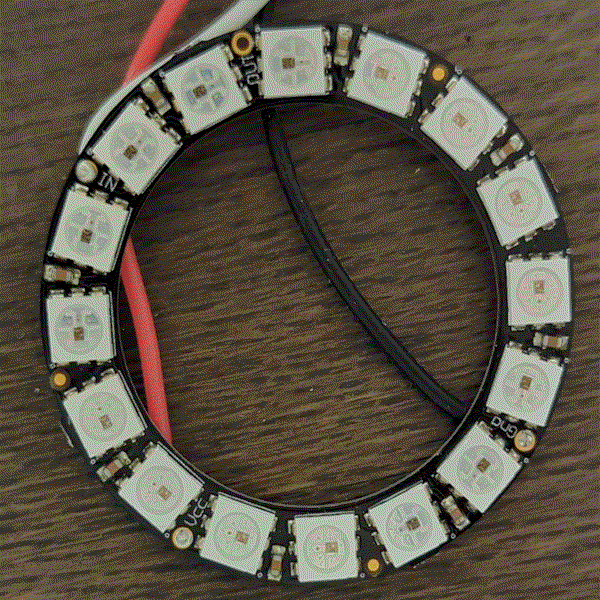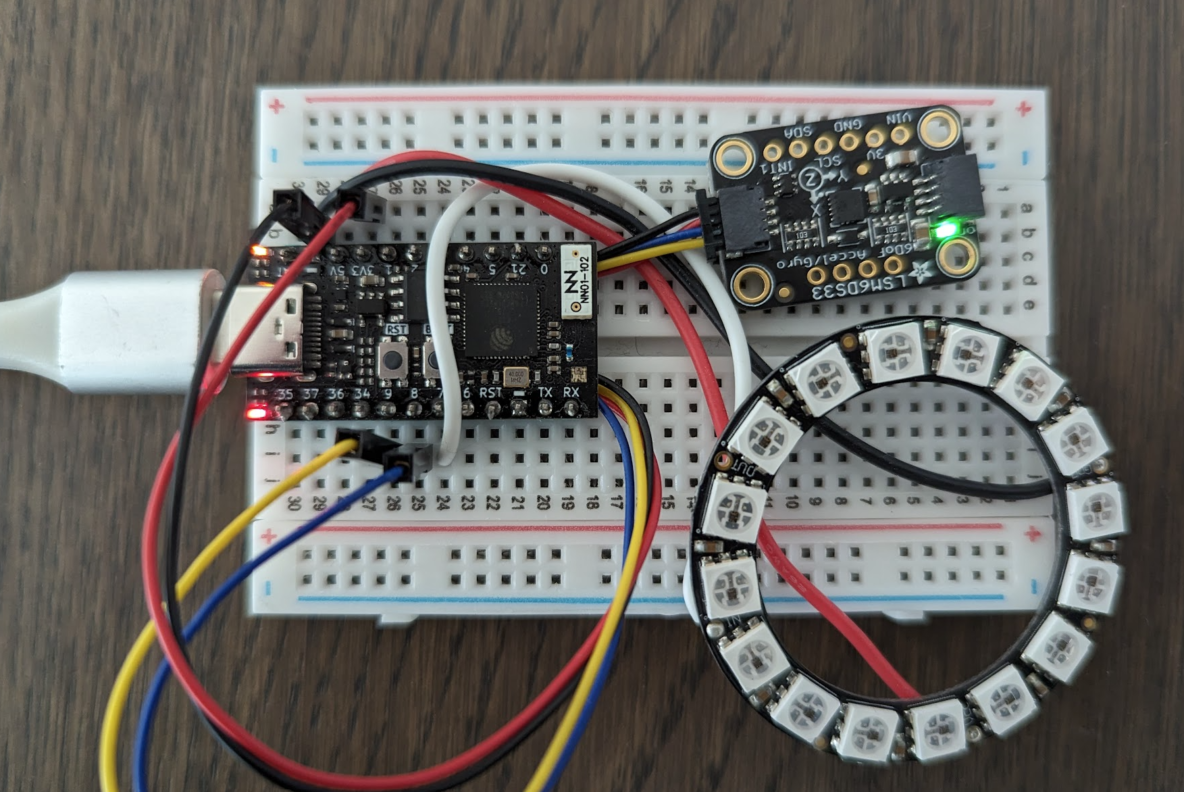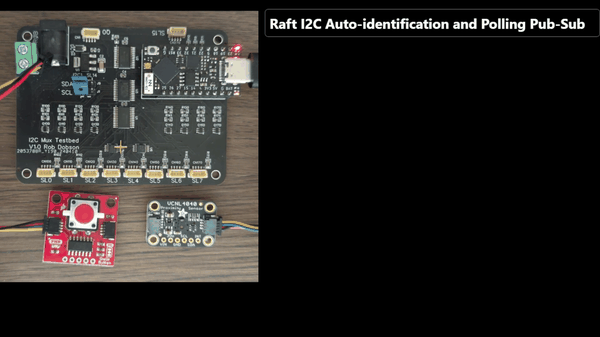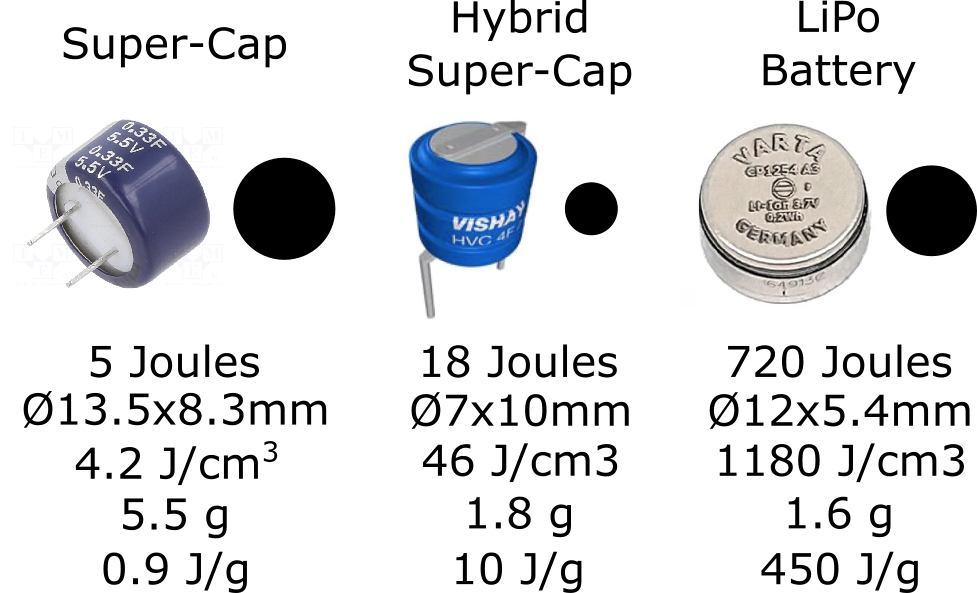For my son’s Christmas present last year I made him a pair of heart-rate monitoring earrings with pulsing LED display in the form of a human heart. They can also be used as a BLE heart-rate monitor. From a design perspective they focus on power management and battery life. They have received a lot of complients and some enquiries about availability for purchase.
Program a Connected Device using Raft, Part 5
In the latest post of this series we look closely at the publish-subscribe (pubsub) mechanism built into Raft and use it to publish data from our Inertial Measurement Unit (IMU)
Program a Connected Device using Raft, Part 4
Continuing with the series on developing a connected device using Raft, we now add support from an I2C IMU.
Program a Connected Device Using Raft, Part 3
The next installment of creating a connected app using Raft. This time we start to add functionality to control an LED ring.
Program a Connected Device Using Raft, Part 2
Using the Raft framework to program a connected device with BLE, WiFi and Serial comms. Publishing data from accelerometers and other sensors and displaying information on addressable LEDs.
Program a Connected Device Using Raft, Part 1
This is the first part in a series where I create firmware for a connected device using the Raft framework. Raft makes it simple to develop apps conntected via BLE, WiFi or serial and featuring publish-subscribe, web server, automated device detection and REST APIs.
A Novel Heart-Rate algorithm with Phase-Locked Loop
I’ve found that adding a Phase-Locked Loop to a simple Heart-Rate Monitoring algorithm makes it more suitable for noisy environments and low-power applications including electronic jewelry.
Auto Code Creation for I2C Devices
I’m spending a bit of time in NYC Soho and enjoying messing around with I2C breakout boards, some of which are made by Adafruit only a few hundred yards from here. This post is about auto-generation of code for decoding I2C poll responses.
I2C Auto Identification
Simplify embedded development by auto-identifying I2C devices and have them send you their data at a rate you choose.
Hybrid Super-Caps – power for electronic jewelry?
Are Hybrid Super-Capacitors a good option for powering electronic jewelry. In attempting to find out I realised how little I know about the chemistry of these devices and how odd their behaviour is compared to plain old super capacitors – or LiPo batteries for that matter!
- Page 1 of 2
- 1
- 2










